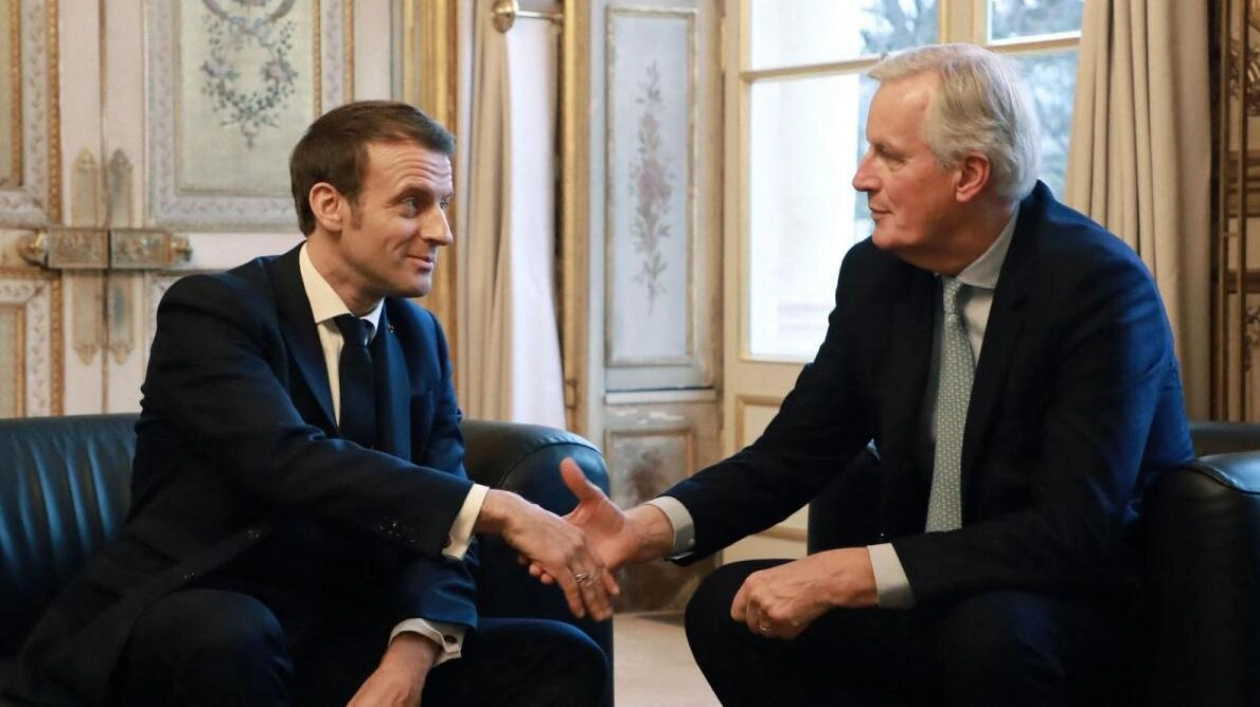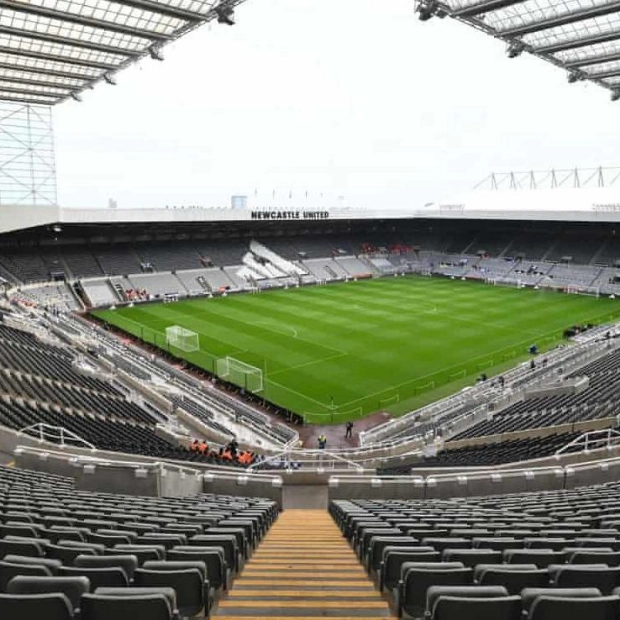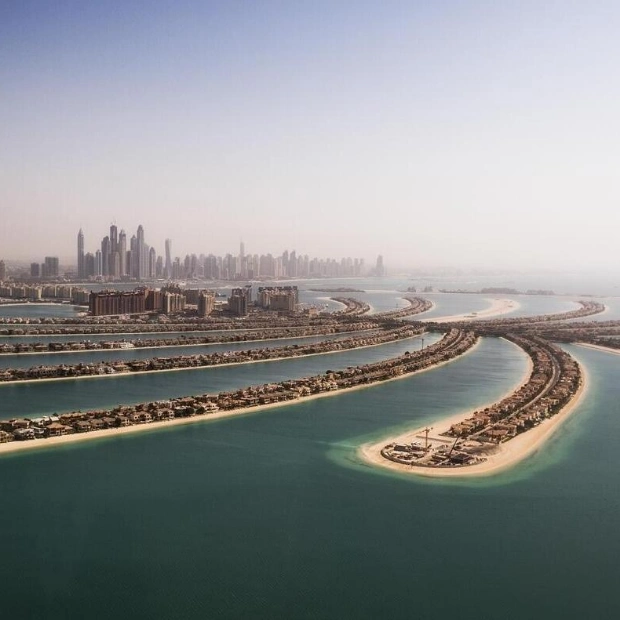Under the new power-sharing arrangement dubbed an era of "demanding coexistence" by the Elysee presidential palace, Macron's influence will be significantly reduced both domestically and internationally.
"We won't have the same presidency," commented Anne-Charlene Bezzina, a public law expert. "It's the Prime Minister's role to engage in the nitty-gritty, forge alliances, and coalitions. He's the one who'll face the brunt of the National Assembly's scrutiny."
The appointment of Barnier marked a potential turning point after two months of political turmoil following snap elections called by Macron, which left no group close to achieving an overall majority in the National Assembly, the lower house of parliament.
Barnier, a former foreign minister and the European Union's Brexit negotiator, swiftly made it clear that he would operate independently. "The President will preside, and the government will govern," Barnier, the oldest premier in modern French history, stated on Friday evening.
Macron is expected to act as the "guarantor" of France's institutions and will no longer dictate government policy. Known for his top-down leadership style since taking office in 2017, observers believe Macron will need to embrace humility.
The Elysee presidential office and Matignon, the French prime minister's office, will no longer share advisers, a practice that has been in place for the past seven years. Additionally, Macron's advisers will no longer participate in interministerial meetings.
Barnier will oversee the budget, security, immigration, and healthcare, and must consider the interests of the far-right National Rally, the largest party in the fragmented parliament, to prevent a motion of no confidence. Barnier, a member of the right-wing Republicans (LR) party and not affiliated with the president's centrist faction, has pledged "change." "We're going to do more than just talk," he asserted.
However, some doubt that Macron will be able to take a back seat domestically. "Emmanuel Macron can't stand still. He won't be able to remain on the sidelines," said a former presidential adviser, who requested anonymity. "At the slightest jolt, he'll be back." Political scientist Vincent Martigny also expressed skepticism about Macron's potential to stop intervening. "Politicians don't change, least of all Macron," Martigny remarked. "They have a method, a personality."
Macron's parliamentary group, Ensemble pour la Republique, with 99 seats, has ruled out any "unconditional" support for Barnier but is expected to be the government's main support in the lower house. Several outgoing ministers could be reappointed, with powerful Interior Minister Gerald Darmanin hinting at his interest in staying on, possibly with a promotion to the foreign ministry.
Bezzina noted that Barnier hails from the center-right and "it would be incredible" if he became "a vehement opponent of someone whose framework is relatively compatible." The evolving political landscape also presents Macron, who has long been criticized for arrogance and detachment from reality, with an opportunity to reconnect with the French people. "In the coming weeks, he'll want to have direct contact with the French," said an outgoing minister, who requested anonymity.
Barnier's predecessor, Gabriel Attal, 35, was France's youngest-ever prime minister, inevitably drawing comparisons to Macron, who became the country's youngest president at 39. "He's a little bit like my little brother," Macron joked in June. The relationship dynamic between Macron and Barnier, who boasts a half-century career, will be markedly different, according to observers.
"He's proud," a former minister said of Barnier. "Will he be a puppet? I don't think so." Guillaume Klossa, president of the EuropaNova think tank, echoed this sentiment. "He's never been anyone's vassal," Klossa stated. Barnier indicated that he was open to appointing ministers from all political stripes, including "people from the left." "He'll want to choose ministers he considers best for the country himself," Klossa added.
Political analysts caution that France's political crisis may not be over. Eurasia Group, a risk analysis firm, suggests that Barnier is likely to have minority support in the Assembly, with the far right's Marine Le Pen being crucial to his success. "Le Pen can bring down the Barnier government whenever she chooses," it noted. "Le Pen's position could change at any moment."






